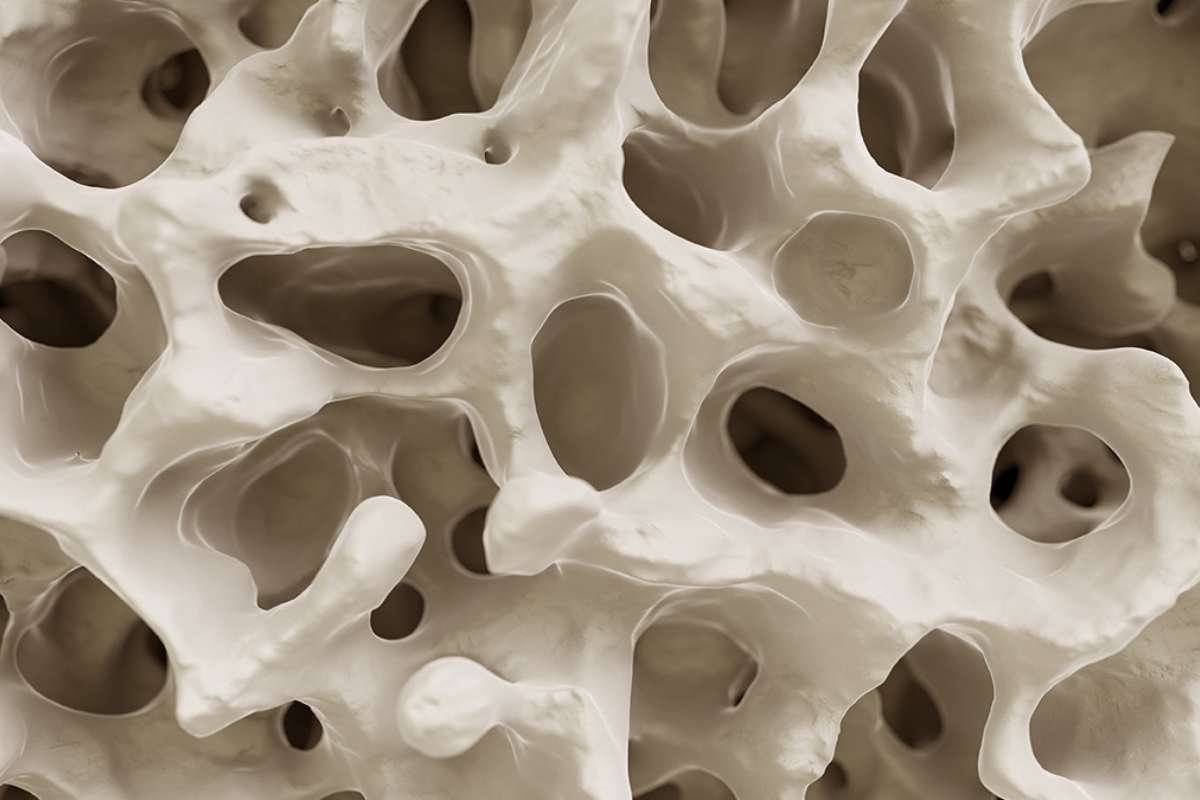High-Intensity Interval Training, or HIIT, is a concept that has earned a lot of notoriety and praise in the ever changing world of fitness. HIIT has become a game-changer as fitness experts and enthusiasts search for effective and efficient workout regimens. This article delves into the details of High-Intensity Interval Training, illuminating its advantages, approach, and the research underlying its increasing appeal.
Understanding High-Intensity Interval Training:
High-Intensity Interval Training is a cardiovascular exercise strategy that alternates between short bursts of intense activity and periods of rest or lower-intensity exercise. The essence of HIIT lies in its ability to elevate the heart rate significantly during the intense intervals, followed by brief recovery periods to allow for partial recuperation.
Key Components of HIIT:

1. Intensity:
The hallmark of HIIT is the intensity of the workout intervals. Participants exert themselves to near-maximum effort during the high-intensity phases, pushing their cardiovascular limits. This intensity is what sets HIIT apart from traditional steady-state cardio workouts.
2. Duration:
HIIT workouts are known for their brevity. While traditional workouts may span longer durations, a typical HIIT session is relatively short, often lasting between 20 to 30 minutes. The focus is on maximizing effort during the shorter, intense intervals.
3. Rest or Active Recovery:
Integral to HIIT is the inclusion of rest or active recovery periods. These intervals allow the heart rate to drop, albeit not to resting levels, before the next high-intensity phase begins. The balance between work and recovery is carefully calibrated for optimal results.
The Science Behind HIIT:
HIIT is more than just a trendy fitness buzzword; it is backed by scientific principles that underscore its effectiveness. Here are some key aspects of the science behind HIIT:
1. EPOC (Excess Post-Exercise Oxygen Consumption):
High-Intensity Interval Training triggers a phenomenon known as EPOC, or the afterburn effect. Following an intense HIIT session, the body continues to burn calories at an elevated rate, even during the post-exercise recovery period. This prolonged calorie burn contributes to weight loss and fat loss over time.
2. Metabolic Adaptations:
HIIT induces metabolic adaptations in the body, enhancing its ability to utilize oxygen efficiently. This leads to improvements in cardiovascular fitness and endurance. The combination of anaerobic and aerobic elements in HIIT contributes to a comprehensive enhancement of metabolic function.
3. Hormonal Response:
HIIT stimulates the release of hormones such as adrenaline and noradrenaline, which play a role in mobilizing energy stores for the intense bursts of activity. Additionally, HIIT has been shown to improve insulin sensitivity and regulate other hormones involved in metabolism.
Benefits of High-Intensity Interval Training:

1. Time Efficiency:
One of the most touted benefits of HIIT is its time efficiency. In a world where time is a precious commodity, the ability to achieve significant fitness gains in a short period is a major draw. HIIT allows individuals to experience a full-body workout in a fraction of the time it would take with traditional training methods.
2. Fat Loss and Weight Management:
HIIT’s impact on fat loss is significant, thanks to the combination of calorie burn during the workout and the afterburn effect. Studies have shown that HIIT is effective in reducing both visceral and subcutaneous fat, making it a valuable tool for weight management.
3. Improved Cardiovascular Health:
HIIT has been linked to improvements in cardiovascular health. The alternating intensity levels challenge the heart and vascular system, leading to enhanced heart function, lowered blood pressure, and improved cholesterol profiles.
4. Preservation of Lean Muscle Mass:
Unlike some traditional forms of cardio that may contribute to muscle loss, HIIT has been shown to help preserve lean muscle mass. This is crucial for those looking to improve body composition and build a toned physique.
5. Versatility and Adaptability:
HIIT is incredibly versatile, allowing for various exercises and modalities. Whether it’s sprinting, cycling, bodyweight exercises, or a combination of these, HIIT can be tailored to individual preferences and fitness levels.
Incorporating HIIT into Your Routine:

1. Start Gradually:
If you’re new to HIIT, it’s essential to start gradually. Begin with shorter sessions and lower-intensity intervals, gradually increasing the intensity and duration as your fitness level improves.
2. Mix It Up:
One of the beauties of HIIT is its flexibility. Experiment with different exercises, intervals, and rest periods to keep your workouts engaging and challenging. This variety not only prevents boredom but also ensures that different muscle groups are targeted.
3. Listen to Your Body:
While HIIT is designed to be intense, it’s crucial to listen to your body. Pushing yourself is essential, but overtraining can lead to injury and burnout. Allow adequate time for recovery and adjust the intensity based on your fitness level.
4. Combine with Other Training Modalities:
While HIIT can be a standalone workout, it also complements other training modalities. Incorporating HIIT into a well-rounded fitness routine that includes strength training and flexibility exercises can yield comprehensive benefits.
Conclusion:
With its shown effectiveness, High-Intensity Interval Training has earned its place in the spotlight as a fitness craze. People with hectic schedules find it appealing because of its capacity to produce noteworthy outcomes quickly. HIIT is still a flexible and adaptive tool for reaching and sustaining optimum health and fitness as the fitness industry changes. Accepting the potential of high-intensity interval training can be a game-changer for anyone looking to get in better shape and become more energetic, regardless of experience level.







